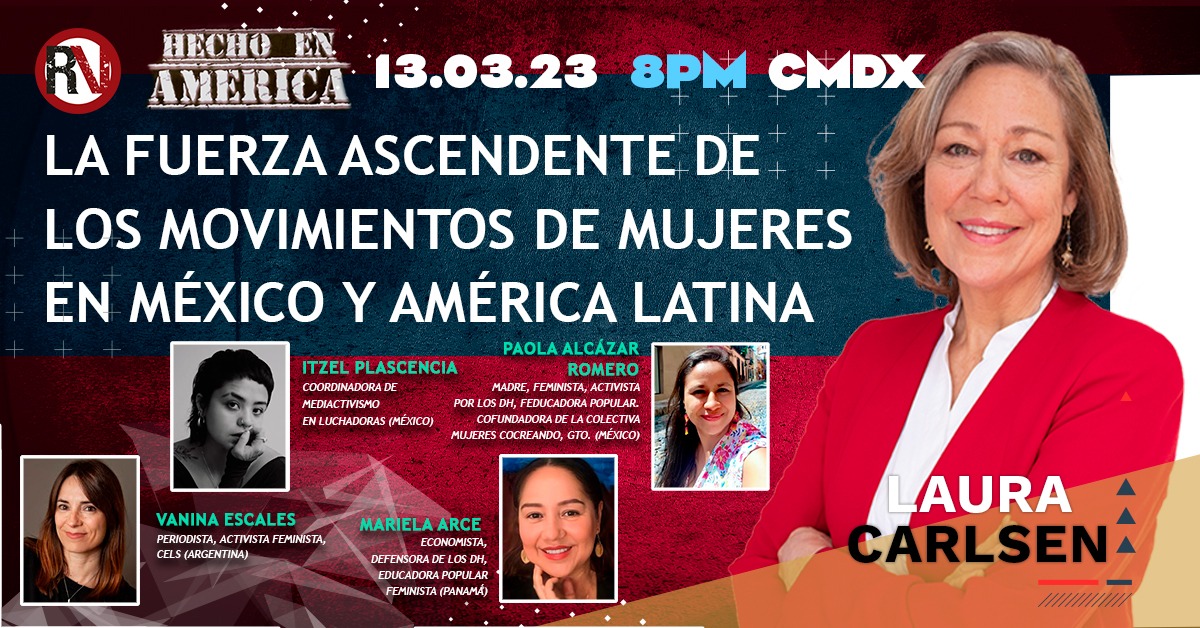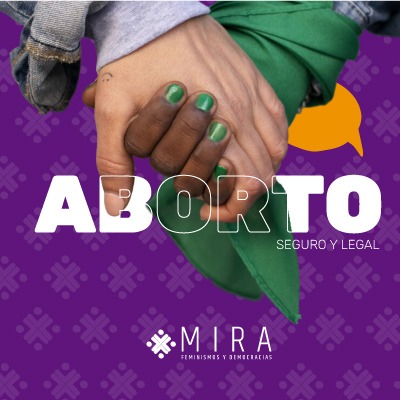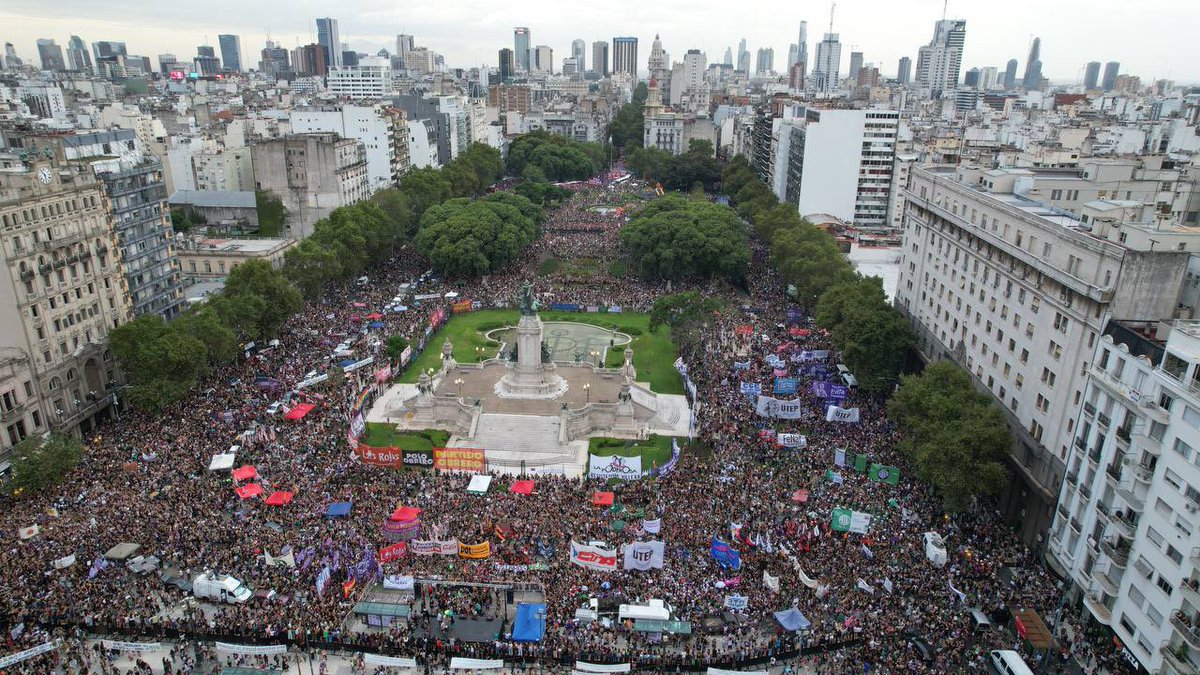Allegations of bungled investigations deepen, and Mexico re-invites the FBI onboard
Activists See Mixed Signals as Juárez Murder Cases Go to OAS
by Kent Paterson | October 21, 2002
Mixed reactions greeted Chihuahua Gov. Patricio Martínez”s Sept. 23, 2002, announcement that three joint government-citizen working groups have been created to help curb violence against women and obtain justice for murder victims in Ciudad Juárez. Since 1993, more than 325 women have been murdered in the northern Mexico border city.
About 90 of the victims are believed to have been slain by a serial killer or killers, according to a recent investigative report by the El Paso Times.
The true number of victims is likely far higher than reported, since scores of young Juárez women are still on missing persons lists. Additionally, in spite of nearly a decade of bodies turning up, law enforcement agencies still do not conduct regular, systematic searches of the city”s outskirts and urban lots.
The day of Martínez”s announcement, the urgency of the need to solve the grisly crimes was underscored by the discovery of yet another woman”s corpse, identified as Erika Pérez. Standing among a crowd of about 150 people who gathered to hear the governor”s speech, Benita Monarrez was visibly shaken by the news of the most recent killing. “I”m angered, but this gives me more strength to keep struggling,” said Monarrez, whose missing 17-year-old daughter Laura Berenice Ramos was initially reported by the media as being one of eight female murder victims discovered buried together last November.
Instead, residents frequently make the grim finds. Such was the case in recent days when the skeleton of a young woman, whose remains have yet to be officially identified, was uncovered by two boys playing in a lot near a Juárez assembly plant, and when two men hunting in the desert stumbled upon a skeleton near Lomas de Poleo, a site where another cluster of murdered women was discovered in 1996. That brings the number of recorded cases in Juárez since the Sept. 23 announcement to three.
Still, longtime activists as well as officials voice optimism that the working groups are a step toward curtailing acts of violence and addressing the needs of victims” families. The groups will deal with the unsolved murder cases, work on date rape prevention, and support the orphans of victims, among other activities.
Cipriana Jurado, a labor activist with the Center for Research and Worker Solidarity, says that the working groups not only will help pressure authori
ties to clear up the cases of murdered and disappeared women, but also will put violence prevention curriculums in the public schools and force the media to give more coverage to issues like women”s rights and safety.
But Rosario Acosta, a spokesperson for the victims” relatives group Nuestras Hijas a Regreso de Casa assesses the new working groups with a dose of skepticism. Saying that daycare centers and therapy programs are high among urgent family needs, Acosta is calling for “concrete actions, not speeches, words, or proposals.” Her 10-year-old niece, Cinthia Rocio Acosta, was raped and murdered in 1997.
Also in September, Juárez women”s groups generally welcomed the news that the United States Federal Bureau of Investigation (FBI), at the formal invitation of the Chihuahua state government and Fox administration, would renew its participation in the murder investigations. The bureau first began reviewing the serial killing cases back in 1999, but pulled back its involvement after the Chihuahua State Attorney General”s office (PGJE) announced that all the suspects had been apprehended.
In a May 1999 interview with Mexican radio, Governor Martínez declared that the women”s murders had “ceased” and that the PGJE had resolved “95% of the cases.” Since Martínez made his comments more than three years ago, at least 22 young women fitting the profile of serial killer victims have been found dead in Juárez and Chihuahua City.
At the Sept. 23 working group inauguration, the head of Mexico”s National Women”s Institute also announced that Mexican President Vicente Fox is proposing that a “security cordon” manned by personnel from the Federal Preventive Police, Juárez Municipal Police, and Chihuahua State Judicial Police be emplaced around Juárez. Espinosa added that more than 300 orphans of the murder victims are being best online casino registered by federal agencies so they can receive financial support from the government. Almost one month later, the cordon has yet to materialize.
Cases Go to Inter-American Commission on Human Rights
Perhaps not coincidentally, the launching of the working groups, as well as the invitation to the FBI, came just weeks before a hearing on the murders by the Inter-American Commission on Human Rights (IACHR) of the Organization of American States (OAS) in Washington, DC. The hearing, held on Oct. 18, was convened in response to citizen complaints filed against the Mexican government earlier this year.
It afforded the Mexican government an opportunity to answer questions about how it is living up to human rights obligations outlined in treaties such as the American Convention on Human Rights and the Convention of Belem Do Para in its handling of the Juárez murders. Following the audience, the IACHR is expected to issue a report in which strong recommendations might be made to the Mexican government regarding strengthening assurances of women”s rights and paying remedy damages to victims” family members.
Previous recommendations regarding the killings made by the Mexican government”s own National Human Rights Commission (CNDH) in 1998 were largely ignored.
In other action, the IACHR recently requested that the Mexican government provide protection for the lawyer of two bus drivers charged with last November”s killings, as well as for the wives of the accused men. All have reported receiving threats, and Mario Escobedo, another attorney for one of the two suspects, was killed last February after a car chase by Chihuahua State Police. The police were recently absolved of any guilt in the incident by a Chihuahua state judge.
More Suspicions Rise to the Surface
While the OAS probes the Juárez killings, details regarding irregularities in the handling of the cases continue to surface. The questions fall on the Chihuahua PGJE, which has been charged with investigating the murder cases since 1993, and to some extent, on the federal Attorney General of the Republic (PGR).
For instance, the identities of the eight murder victims found last November remain a mystery. DNA test results performed by the PGR earlier this year showed negative matches between samples from the victims and supposed family members who had given blood samples.
The results raise serious questions about the PGJE case against the two bus drivers charged with those killings, since the men are charged with murdering eight specific young women who it now turns out may very well not have been among the murder victims found last November.
To complicate the picture further, a local daily, El Norte de Ciudad Juárez, ran a recent story citing a document from the Chihuahua State Attorney General”s office as stating that the DNA results had been lost by the PGR in Mexico City. For its part, the PGJE has never formally recognized the existence of negative samples. Such an admission would seriously jeopardize their case against the bus drivers, who remain locked down in a maximum-security prison in Chihuahua City.
Oscar Maynez, a former chief of the forensic department in the Juárez office of the PGJE who supervised the DNA sampling from the eight bodies is perplexed at the feds” alleged carelessness. “There”s something suspicious there,” he says. He says that he made sure an abundant amount of bone tissue and material from the bodies was sent to the PGR lab in Mexico City, adding that Mexican Federal Attorney General Rafael Macedo de la Concha had ordered that the case be given top priority.
Another case that could be key to solving the Juárez murders has also been marked by charges of official mishandling.
Last March a passerby found the strangled body of 16-year-old Paloma Escobar in the desert outside Chihuahua City, about 230 miles south of Juárez. Escobar was a student at the ECCO computer school in Chihuahua City. At least seven young women reported murdered or disappeared in Ciudad Juárez since 1995 also either had contact with or had been students at ECCO and another nearby computer school. The Chihuahua State Judicial Police initially arrested Escobar”s former boyfriend, but released him after publicly declaring that one of its own commanders had planted evidence.
The PGJE”s credibility was tested again when the lifeless body of Erika Pérez was found on Sept. 23, 2002. Local television stations ran an interview with State Attorney General Jesús Silva in which he insisted that the woman died of a drug overdose, while a spokesperson for the Juárez City Police, which recovered the body, said in a separate television interview that Pérez had been found with a purse strap wrapped around her neck.
So far, Mexico”s Attorney General of the Republic has taken the position that it cannot take charge of the Juárez investigations because they deal with common crimes, which fall under state jurisdiction–a stance that has sparked repeated criticism from activists.
Cross-Border Solidarity
Meanwhile a women”s solidarity movement is growing by leaps and bounds in Mexico and the United States. In addition to a major protest planned for Nov. 25 in Mexico City, actions in the United States include vigils, border demonstrations, letter-writing campaigns, and showings of the documentary “Senorita Extraviada.” Similarly, in El Paso, Texas, an estimated 2,000 youth attended a rock music benefit this summer that raised funds for Casa Amiga, a Juárez-based rape crisis and domestic violence center.
A wide variety of organizations are involved in these efforts, ranging from national organizations such as the AFL-CIO and the Southwest Network for Environmental and Economic Justice to smaller, local groups like Justice for the Women of Juárez, based in Los Angeles.
In El Paso, the newly formed Coalition Against Violence Toward Women and Families on the Border is promoting protests at Mexican consulates and urging activists to write letters to politicians. The coalition is linking the U.S.-Mexico free-trade issue with the fate of women in Juárez, arguing that U.S. politicians who promote commerce and business in Mexico should speak out against the violence.
“One of the things that people have hypothesized is the fact that perpetrators may be committing these crimes in Juárez and then coming across the border [into the United States],” notes coalition co-chair Irasema Coronado. “That”s why we think it”s a binational problem. We don”t know if that”s the case or not, but it”s something that needs to be looked into,” she says. “We feel that anyone who interacts with Mexico needs to raise awareness of this issue at every opportunity that they have.”
Kent Paterson is a freelance journalist based in Albuquerque and a frequent contributor to the Americas Program.
Join our network to receive email announcements that tell you when new items like this article are posted to the Americas Program website. Information on our privacy policy is available on our network sign-up page.
Sources for more information:
Contacts
Ximena Andion | Mexican Commission for the Defense and Promotion of Human, Mexico City
Tel: (52) 555-564-2582
Esther Chávez Cano | Casa Amiga Centro de Crisis, Ciudad Juárez, Chihuahua
Email: echavez@infosel.net.mx
Lorena Mendez | Justice for the Women of Juárez, Los Angeles, CA
Tel: (818) 842-3895
Cipriano Jurado | Center for Research and Worker Solidarity, Ciudad Juárez, Chihuahua
Tel: (52) 656-624-4993
Email: cisoorg@prodigy.net.mx
Irasema Coronado or Victor Munoz | Coalition Against Violence Toward Women and Families on the Border, El Paso, TX
Tel: (915) 581-5698, 593-1000
Email: niunamas@yahoo.com
Amigos de Las Mujeres de Juárez , Las Cruces, NM
Tel: (505) 541-4373
Email: amigosdelasmujeresdejuarez@yahoo.com
Southwest Network for Environmental and Economic Justice , Albuquerque, NM
Tel: (505) 242-0416
Links
Chihuahua State Attorney General”s office
http://www.chihuahua.gob.mx/pgje/
Frontera Norte/Sur
http://www.nmsu.edu/~frontera/
Interamerican Commission on Human Rights | Organization of American States (OAS)
http://www.cidh.oas.org/DefaultE.htm
“New Killings of Border Women Condemned” | borderlines UPDATER , November 20, 2001
http://www.us-mex.org/borderlines/updater/2001/nov20.html#new
“Reign of Terror Against Juárez Women Continues” | borderlines UPDATER , March 8, 2001
http://www.us-mex.org/borderlines/updater/2001/mar8terror.html
Published by the Americas
Program at the Interhemispheric Resource Center (IRC). ©2002. All
rights reserved.
Recommended citation:
Kent Paterson, “Activists See Mixed Signals as Juárez Murder Cases Go to OAS, ” Americas Program, (Silver City, NM: Interhemispheric Resource Center, October 21, 2002).
Web location:
http://www.americaspolicy.org/articles/2002/0210juarez .html



